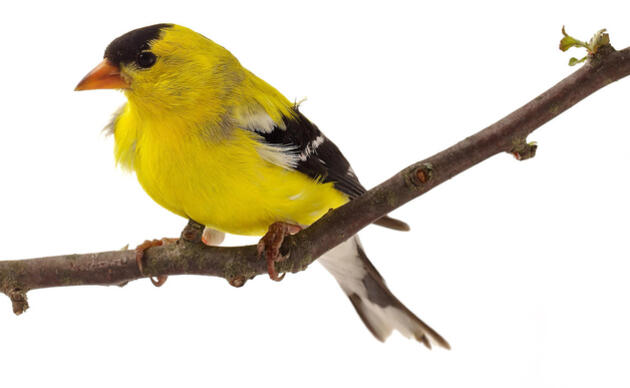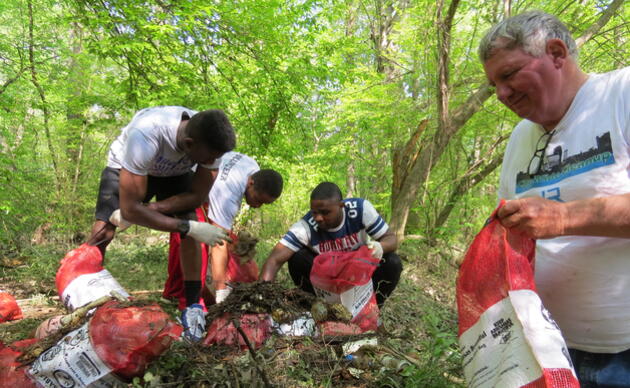On Wednesday, the Louisiana House of Representatives voted to require the Gulf menhaden fishery, the state's largest industrial fishery, to operate further offshore. House Bill 535, introduced by Rep. Orgeron, is a critical first step to protect the birds, fish, and nearshore habitats that make the Louisiana coast beautiful, unique, and the biggest driver of our state's economy.
Gulf menhaden, also known as pogies, are the most important forage fish in the Gulf. These small fish are an essential food source for Brown Pelicans, Black Skimmers, Bald Eagles, Ospreys, and other seabirds in the Gulf. They are abundant, rich in oil and protein, and they school at the surface in shallow water where hungry seabirds and other wildlife feed on them. In addition, menhaden are a primary forage species for nearly every predator fish in the Gulf, including spotted sea trout and red drum, which are prized by sport fishermen.
Each spring and summer, the menhaden industry uses giant nets over 1000 feet long to pull about a billion pounds of menhaden in Louisiana, often within a mile of the shore. The average annual harvest of menhaden in the Gulf of Mexico is estimated at 1.1 billion pounds—that's roughly 3 billion fish taken out of the water each year. The fish are then ground up and used for animal feed, fish oil pills, and fertilizers.
The effects of this large-scale trawling can be detrimental to the seabirds who rely on menhaden to survive and to feed their young. Sport fishers have also repeatedly sounded the alarm on this industry as the enormous nets on the menhaden boats catch and kill hundreds of thousands of large, breeding-size trout and red drum in the process.
If the Senate passes this bill and the governor signs it into law, it would exclude industrial menhaden fishing vessels within a half-mile of Louisiana's shores and provide an extra buffer area for several barrier islands. This action would align Louisiana's commercial fisheries management with other Gulf states: Louisiana is one of only three Gulf states that allows menhaden to be fished and processed in this way, and the only state that has no catch limits or area restrictions in place.
"That buffer zone is where so many of our critical life processes for fish, birds, and other wildlife originate and take place ... in those very nearshore waters," Dave Cresson, CEO of Coastal Conservation Association Louisiana, told the Times-Picayune/New Orleans Advocate. "Being the only state that allows this, it's not too much to ask that we have a reasonable buffer in place where this very industrialized style of harvest would be prohibited."
While the fishery may not be overfishing the overall Gulf menhaden stock, the fishery's nearshore concentration is problematic. Audubon shares these concerns, particularly with the high volume of harvest concentrated near Louisiana's shores, while we have little understanding of how this affects birds and other marine wildlife. Also, there are increasing reports of menhaden vessels running aground and displacing sand and sediment on beaches and barrier islands, potentially undermining billions of dollars in investment through the process of restoring the Gulf following the Deepwater Horizon oil spill.
Audubon supports "ecosystem-based management" of Gulf menhaden, similar to what was put in place for Atlantic menhaden, the only other U.S. forage fish species that is fished industrially like this. Ecosystem-based management means that we set fishing limits and restrictions that take into account the role that menhaden play for the entire ecosystem: providing enough food for birds, predatory fish and other marine life, preventing fishing operations from damaging habitats, monitoring and preventing "bycatch" of other fish and marine life, and reducing or eliminating conflict with other boats on the water like Louisiana's recreational fishing fleet.
We applaud this first step taken by the Louisiana legislature to set sensible fishery goals that safeguard the menhaden prey resource for our magnificent marine birds, preserve our restored coastal habitats, and allow both recreational and commercial fishing in our waters to thrive.







